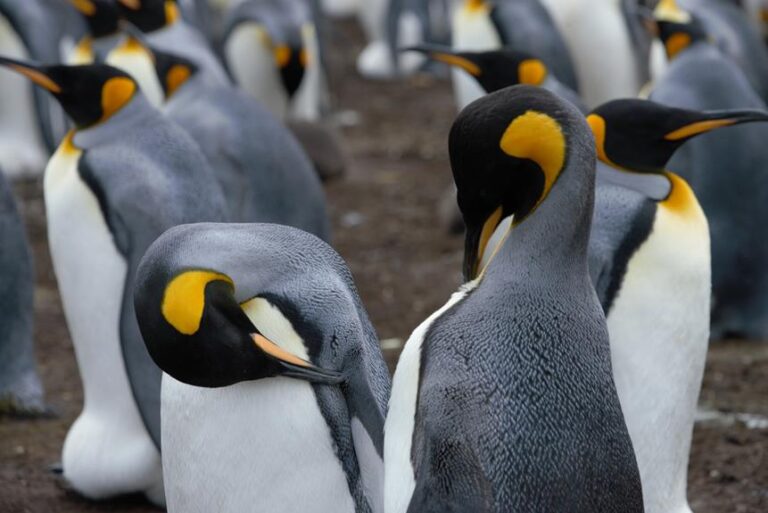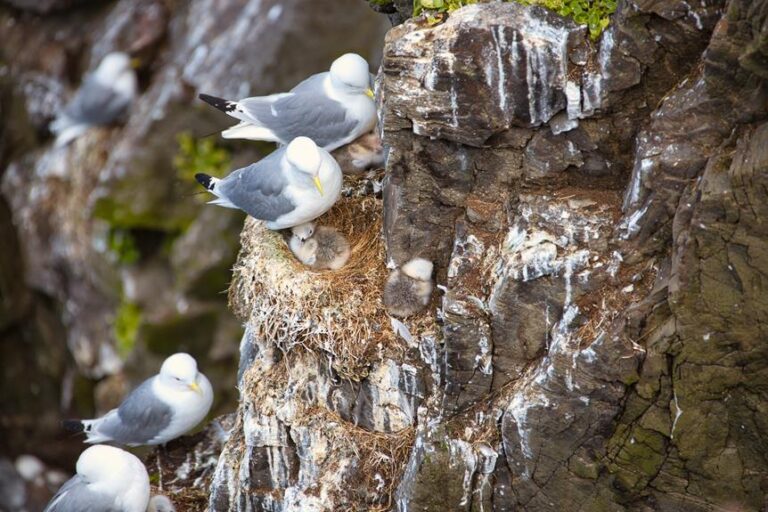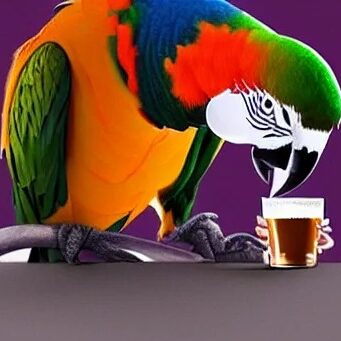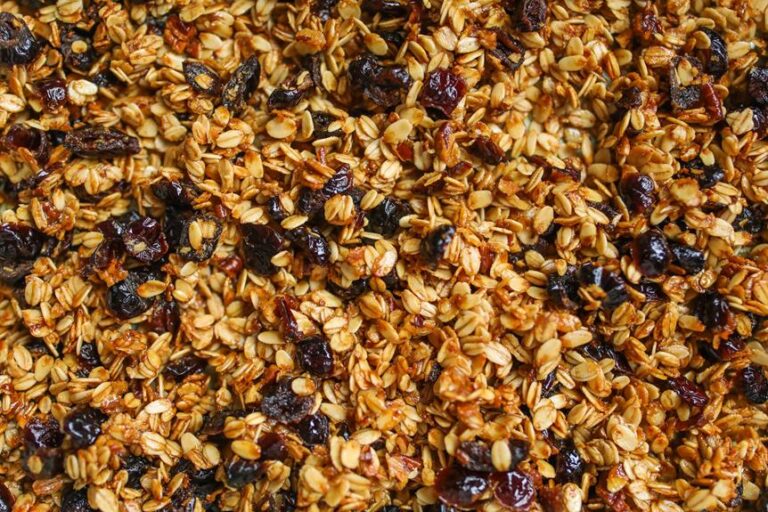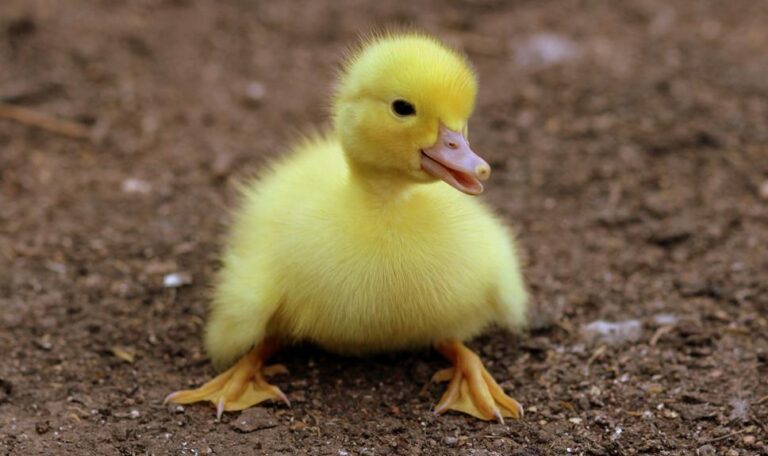In the realm of avian nutrition, the question of whether birds can consume cat food has sparked considerable debate. This comprehensive article aims to shed light on the intricate relationship between birds and cat food, dispelling myths while providing valuable insights into avian nutrition.
By delving into the specific dietary needs of birds, crows, and squirrels, as well as innovative uses for dry cat food, this piece endeavors to enlighten readers on the topic of feathered friends and their unique dietary requirements.
Contents
Key Takeaways
- Birds can eat pet food, but it is not the best diet for them.
- Crows can eat dry cat food in moderation, but a diet solely consisting of it is not suitable for them.
- There are differing opinions on whether birds and squirrels can eat cat food, and the decision should be made by individual pet owners.
- Birds can eat wet cat food, but it should be of high quality and fed in moderation, avoiding toxic ingredients and bacterial growth.
Birds and Pet Food
Birds should not rely on pet food as their primary diet due to its inadequate nutrients and formulation designed for dogs and cats. Pet food is specifically formulated to meet the nutritional needs of dogs and cats, which differ significantly from those of birds.
Birds require a diet that is rich in nutrients such as vitamins, minerals, protein, and carbohydrates to maintain their overall health and well-being. Pet food may not provide the necessary balance of these nutrients, leading to deficiencies and potential health issues in birds.
Therefore, it is crucial to provide birds with a diet that is specifically formulated for their species to ensure they receive the appropriate nutrients they need to thrive.
Crows and Dry Cat Food
Crows, being highly intelligent birds, can consume dry cat food in moderation, but relying solely on this type of diet is not suitable for their overall health and well-being. Dry cat food lacks essential nutrients and vitamins that crows need for good health. It is important to provide a varied and balanced diet for crows.
| Pros | Cons |
|---|---|
| – Crows can eat dry cat food in moderation | – Dry cat food lacks essential nutrients and vitamins |
| – Provides a source of protein | – Not a suitable diet for overall health and well-being |
| – Can be given as an occasional treat | – Requires a varied and balanced diet |
Crows should have a diet that consists of a mix of fruits, vegetables, grains, and protein sources such as insects and small animals. It is important to ensure that crows have access to fresh water at all times. While dry cat food can be given to crows as a treat, it should not be the main component of their diet.
Birds, Squirrels, and Cat Food
There is ongoing debate regarding the suitability of cat food for birds and squirrels. Some argue that cat food may be too high in protein for these animals, potentially leading to health problems.
Others believe that fresh and high-quality cat food can be fed to birds and squirrels without harm. Ultimately, the decision to allow these animals to eat cat food should be made by individual pet owners.
It is crucial to consider the specific dietary needs of each animal species. Birds and squirrels have different nutritional requirements, and cat food may not provide all the necessary nutrients for their well-being.
Therefore, it is recommended to consult with a veterinarian or wildlife expert to determine the most appropriate diet for birds and squirrels and ensure their optimal health.
Uses for Leftover Dry Cat Food
Continuing the exploration of the suitability of cat food for birds and squirrels, one practical use for leftover dry cat food is to create a natural and effective insecticide for plants. Cat food contains proteins that can attract and kill insects, making it an alternative to chemical insecticides.
To create the insecticide, simply crush the dry cat food into a fine powder and sprinkle it around the base of plants or on the leaves. The insects will be attracted to the scent of the cat food and consume it, leading to their demise.
This method is particularly useful for gardeners who prefer natural pest control methods. However, it is important to note that this insecticide should be used sparingly and in moderation to prevent unintended harm to beneficial insects and wildlife.
| Pros | Cons |
|---|---|
| Natural alternative to chemical insecticides | Potential harm to beneficial insects and wildlife |
| Effective in attracting and killing insects | Should be used sparingly and in moderation |
| Easy to use and apply | May not be suitable for all types of plants |
Birds and Wet Cat Food
Birds can safely consume wet cat food as part of their diet. Wet cat food is easier for birds to digest compared to dry cat food. However, it is crucial to choose wet cat food that does not contain onion or garlic powder, as these ingredients can be toxic to birds. Additionally, it is important to avoid feeding birds wet cat food that has been sitting out for more than a few hours, as it can promote bacterial growth.
Wet cat food should be of high quality and fed in moderation to ensure that birds receive proper nutrition. While wet cat food can be included as part of a bird’s diet, it is essential to provide a balanced and varied diet overall to meet their specific nutritional needs.
Nutritional Needs of Birds
Examining the dietary requirements of birds is essential to understanding their nutritional needs. Birds have specific nutritional needs that must be met in order to maintain optimal health. These needs include a balance of proteins, carbohydrates, fats, vitamins, and minerals.
Protein is particularly important for birds as it is essential for growth, reproduction, and feather development. Carbohydrates provide birds with energy, while fats contribute to insulation and act as a concentrated energy source.
Vitamins and minerals play crucial roles in various bodily functions, such as bone development, immune system function, and feather coloration. It is important for bird owners to provide a well-rounded diet that includes a variety of bird-specific foods to ensure that their feathered friends receive all the necessary nutrients for their overall health and well-being.
Potential Health Risks for Birds
While considering the potential health risks for birds, it is important to acknowledge the impact of their diet on their overall well-being. Birds have specific nutritional needs that must be met to maintain good health. Feeding them an inappropriate diet, such as cat food, can lead to various health issues. Here is a table that highlights some of the potential health risks for birds when consuming cat food:
| Potential Health Risks for Birds |
|---|
| – Lack of essential nutrients |
| – Imbalance of vitamins and minerals |
| – Digestive problems |
| – Obesity |
| – Weakened immune system |
Birds require a diet that is rich in nutrients, vitamins, and minerals specifically designed for their species. Feeding them a balanced diet that meets their nutritional needs will help prevent health problems and ensure their overall well-being.
Considerations for Feeding Birds Cat Food
When considering the option of feeding birds cat food, there are several important factors to take into account.
First and foremost, it is crucial to understand that cat food is not specifically formulated for birds and may not provide all the necessary nutrients they need for optimal health. Birds have unique dietary requirements that differ from those of cats and dogs.
While birds can consume small amounts of cat food as an occasional treat, it should not make up a significant portion of their diet. Additionally, it is essential to choose high-quality cat food without onion or garlic powder, as these ingredients can be toxic to birds.
Feeding birds cat food should be done in moderation and should not replace a balanced and nutritionally complete diet specifically designed for avian species.
Conclusion
In conclusion, it is evident that while birds may be capable of ingesting cat food, it is not suitable for their specific dietary needs. Pet food lacks the essential array of nutrients required for avian health and vitality. While small amounts of dry cat food can be offered as an occasional treat, it should not be relied upon as a primary food source for crows or other birds.
The decision to offer cat food to birds and squirrels should be made with careful consideration of their unique dietary requirements. Additionally, wet cat food can be consumed by birds in moderation, but caution must be exercised to avoid toxic ingredients and bacterial growth.
Overall, it is crucial to prioritize the overall well-being and nutritional balance of birds when considering their diet.

